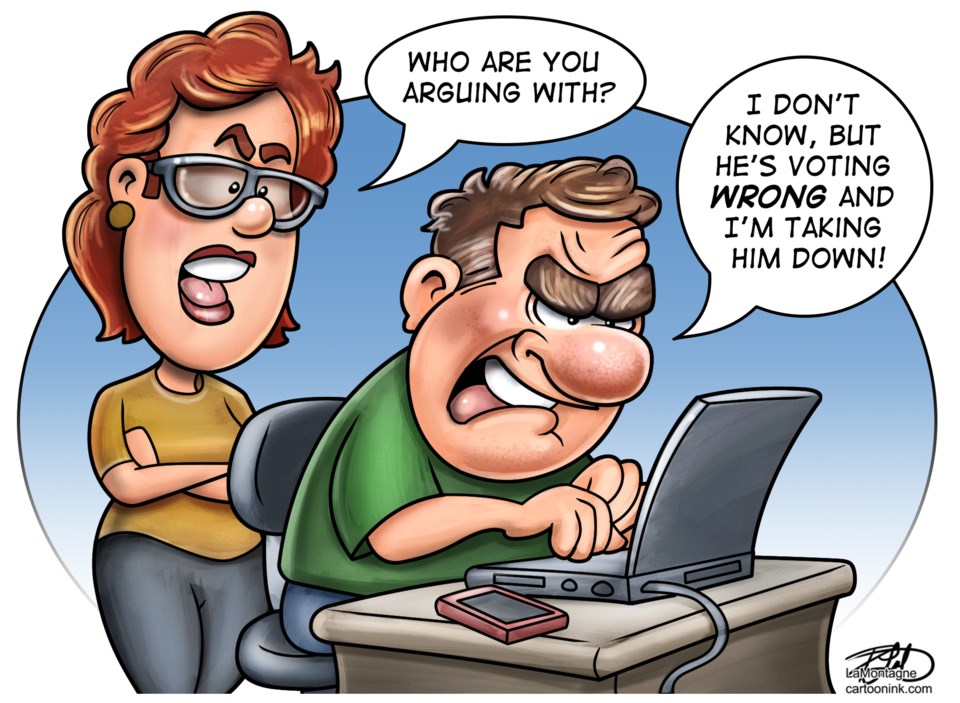The election season for Alberta voters has officially started.
And if the Oct. 18 municipal election was not enough to keep residents busy, the recently announced Sept. 20 federal election will have people heading to the polls twice in a four-week span.
Alberta voters will likely appreciate the year-and-a-half off until the 2023 provincial election.
Between the debates, campaign promises and seemingly non-stop television, radio, newspaper and online advertisements, people will likely be exhausted once both elections are completed.
While voter apathy is always a concern, it remains important for residents to become informed on issues prior to casting their ballot. Media outlets put substantial resources into covering various topics and candidates are always eager to say what they do or do not believe in.
Municipal politics, while the lowest on the political totem pole along with the provincial and federal levels, is the most prevalent when it comes to the day-to-day life of residents.
You see local politicians at the grocery store, dropping their kids off at school, they could live on your street or you see them out-and-about in the community.
The decisions they make over the course of a four-year term have significant impact not only for the next week or following year, but possibly for generations of residents.
In addition to council, they also sit on vital committees such as waste, transit and planning commissions that have equally important roles in the lives of residents, deciding how communities are built and putting the policies into reality.
It can be a thankless and time-consuming role where a segment of the population will automatically be upset with them because they are a public official.
Being an elected official is not a 9-5 job, but one where you expected to be available 24 hours a day, seven days a week. You have large agendas with reports and analysis to review, meetings and phone calls from residents and organizations voicing their concerns and a slew of other demands.
And one look at the paycheque for councillors shows it is obviously not for the money.
Locally, candidates for the MD of Bighorn, school boards, the Towns of Banff and Canmore and have started discussing issues of concerns with residents.
They have until Sept. 20 – the same day as the federal election – to bring forward their names and submit their nomination papers if they are choosing to run for public office.
Though people are often more invested or interested in local politics, the disconnect from the provincial and federal levels is much greater.
Too often elected officials at the provincial and federal tiers fall in with the party line and lose their independent voice that most voters wish to see. Whether they are a prominent minister or a backbencher, residents want to know their elected official is fighting for them and their community.
While candidates or elected officials at the upper tiers are part of the larger provincial or national decision-making that trickles down to the municipal level, they can often be absent from their communities until it is time to hit the campaign trail.
Still, it is a key function of a democracy to have an electorate take some time in educating themselves and analyzing the issues that are important to them.
Voters can expect to be bombarded with election information for the next eight weeks. Hopefully they take the time to examine what each candidate is about prior to voting since the person selected could impact their community for decades to come.




